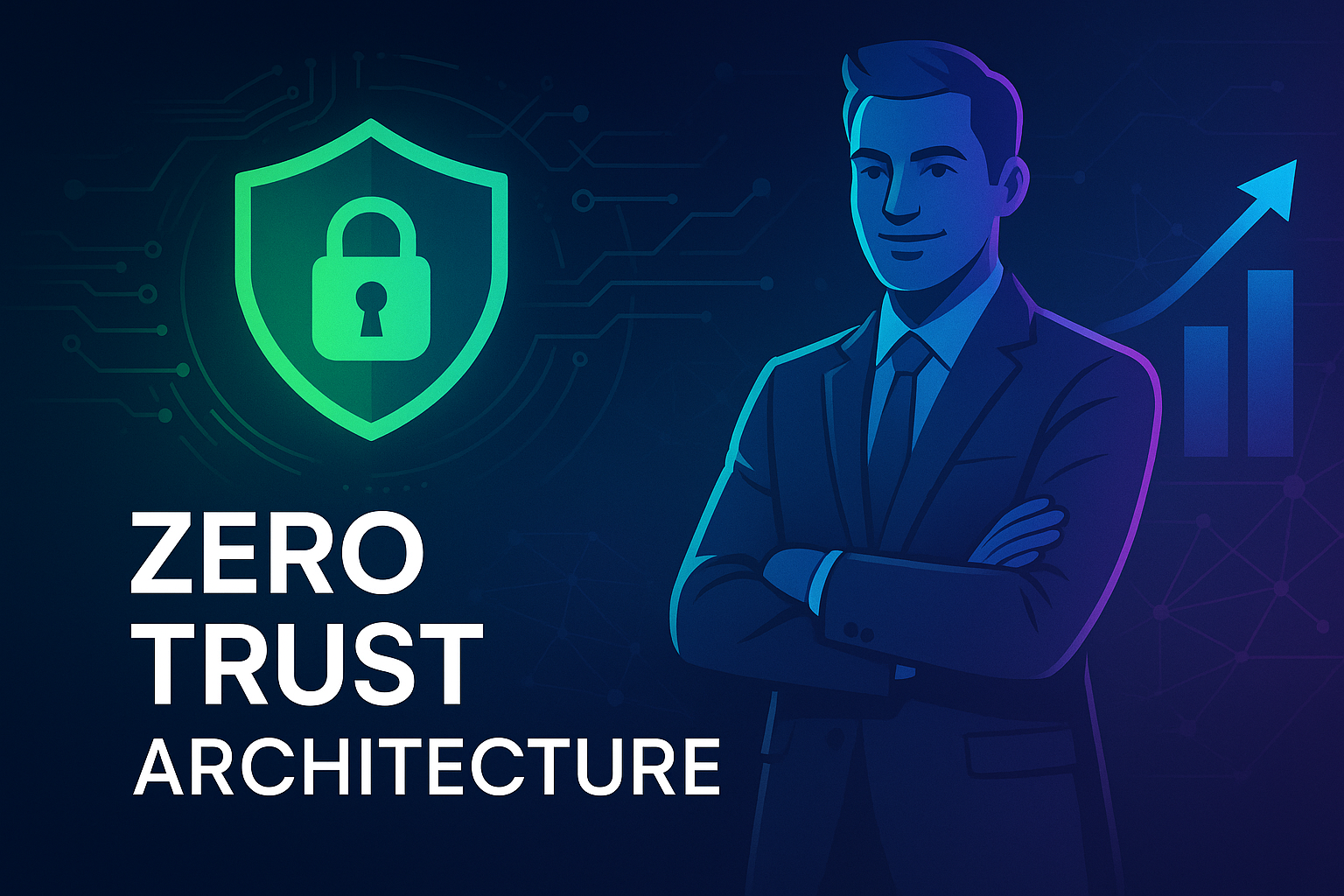Unraveling the Intricacies of North Korean IT Workers and Their Cyber Operations
With the increased sophistication in cyber operations globally, understanding the intricate web of state-backed cyber activities becomes crucial. One significant player garnering attention is North Korea, whose IT workers have been involved in various controversial operations internationally. As businesses in Spain, the European Union, and beyond face increasing cybersecurity threats, knowing the modus operandi of these actors becomes vital for protecting organizational assets and data integrity.
This article will delve deeply into the activities and implications of North Korean IT workers and their cyber operations, providing insights and strategies to enhance cybersecurity measures effectively.
The Emergence of North Korean IT Workers in Global Cyber Operations
The involvement of North Korean IT workers in global cyber operations is a growing concern. They often present themselves as freelancers to evade government sanctions and engage in economic cybercrimes. These individuals secure contracts within North America, Europe, and other regions under false pretenses, thus funneling resources back to North Korean entities. Reports have highlighted their roles in malicious activities including, but not limited to, software and infrastructure exploitation and cryptocurrency thefts.
Such developments underline the importance of enhanced cybersecurity strategies for businesses. Incorporating broad-spectrum solutions such as those offered by Hodeitek’s cybersecurity services can be critical in fortifying digital infrastructure against these sophisticated threats.
Understanding the Tactics and Techniques Employed
North Korean IT workers are known for utilizing a range of tactics to breach security systems. From creating malware to exploiting vulnerabilities, their operations are multifaceted and substantial. A noteworthy tactic observed is the use of legitimate freelancing platforms to mask their true identities and intentions. This stealth approach enables them to work on various legitimate projects while engaging in illicit hacking activities.
The Role of Advanced Monitoring and Threat Detection
Monitoring plays a pivotal role in countering such ambiguities and threats. Solutions such as EDR, XDR, and MDR offer comprehensive endpoint detection and response, equipping businesses with real-time analytics and threat intelligence to preempt and mitigate potential threats. These tools are invaluable in keeping covert operations by foreign actors at bay.
Securing Business Environments Against Espionage and Fraud
In light of these challenges, businesses must prioritize the integration of robust cybersecurity measures. A multi-layered security architecture involving solutions like Next Generation Firewalls (NGFW) strengthens perimeter defenses and implements stringent access controls, reducing the risk of espionage and fraud by infiltrating entities.
Illustrative Case Studies and Statistics
A study analyzing recent cyber incidents indicated a marked increase in attacks linked to North Korean entities, with over 60% of affected organizations being small to medium enterprises in the tech and financial sectors. Notably, an enterprise in Spain reported significant data breaches that could be traced back to these freelancers. Another European company experienced targeted ransomware attacks, citing the involvement of sophisticated North Korean hacking groups.
- Spanish Enterprise X: Experienced a data breach incurring losses of over 2 million euros.
- European Financial Firm Y: Faced ransomware attacks with demands exceeding 5 million euros.
Implementing Proactive Cybersecurity Strategies
Proactively addressing these threats requires a comprehensive strategy involving continuous monitoring, threat intelligence, and vulnerability management. At Hodeitek, our Vulnerability Management as a Service (VMaaS) helps identify and address potential vulnerabilities before they’re exploited, ensuring a fortified defense against advanced cyber threats.
Leveraging Cyber Threat Intelligence (CTI)
Cyber Threat Intelligence (CTI) is integral to understanding and adapting to the dynamic cyber threat landscape. By analyzing threat data through CTI services, businesses gain actionable insights that assist in predicting and preparing for potential cyber events. This strategic foresight is essential in dealing with state-sponsored cyber activities like those conducted by North Korean IT workers.
Conclusion: Strengthening Cyber Resilience
In sum, the activities of North Korean IT workers in the cyber domain pose significant risks to businesses worldwide. The key takeaway is that proactive cybersecurity measures are essential in mitigating these threats. By investing in comprehensive solutions such as EDR, XDR, and MDR, NGFW, VMaaS, and CTI, businesses can ensure robust security and maintain operational resilience.
Do you want to bolster your cybersecurity posture against sophisticated threats? Explore our range of services tailored to meet your unique requirements by visiting Hodeitek Services. For further assistance, feel free to contact us today.
Secure your digital frontier and stay ahead of emerging threats with Hodeitek’s cybersecurity solutions.






